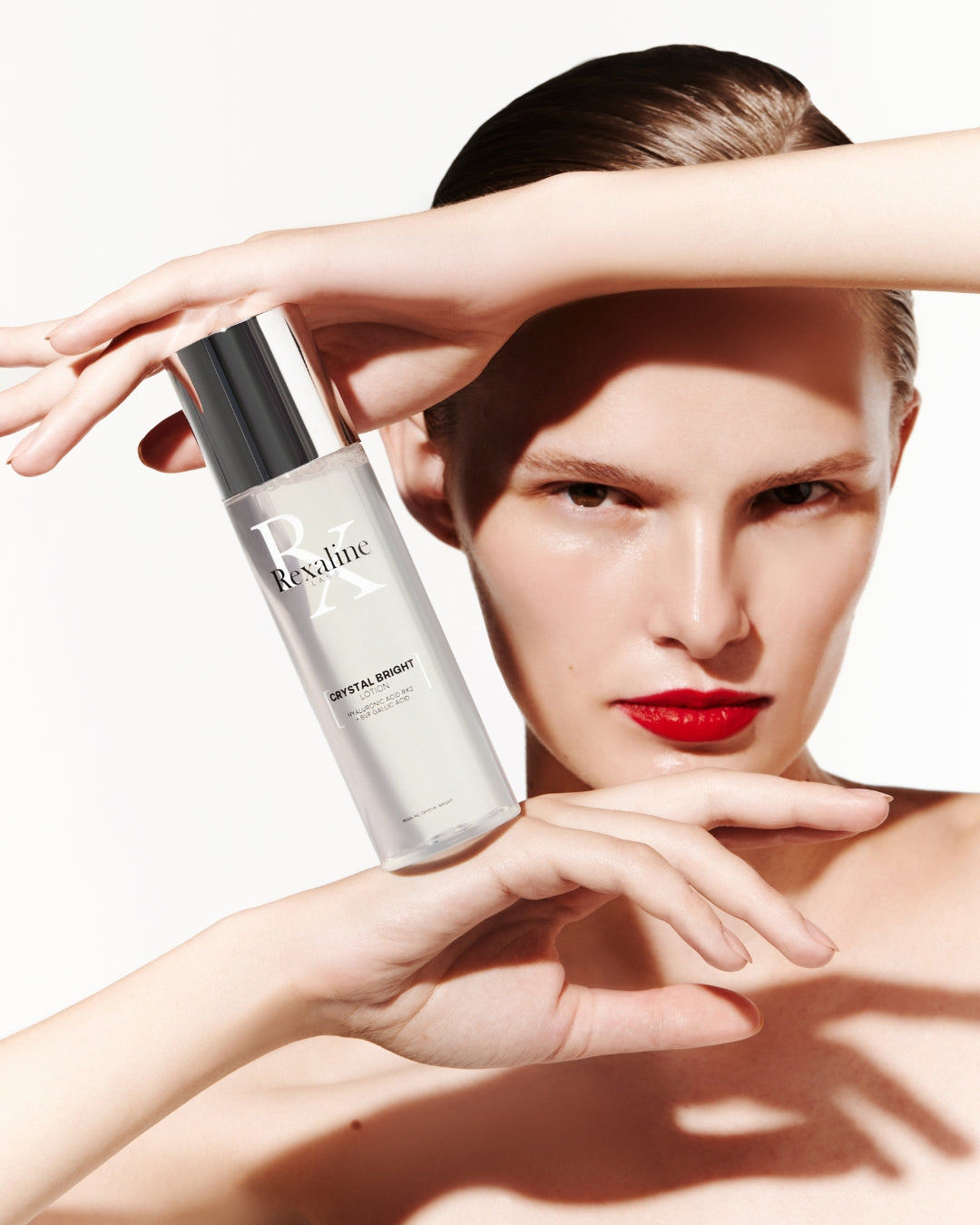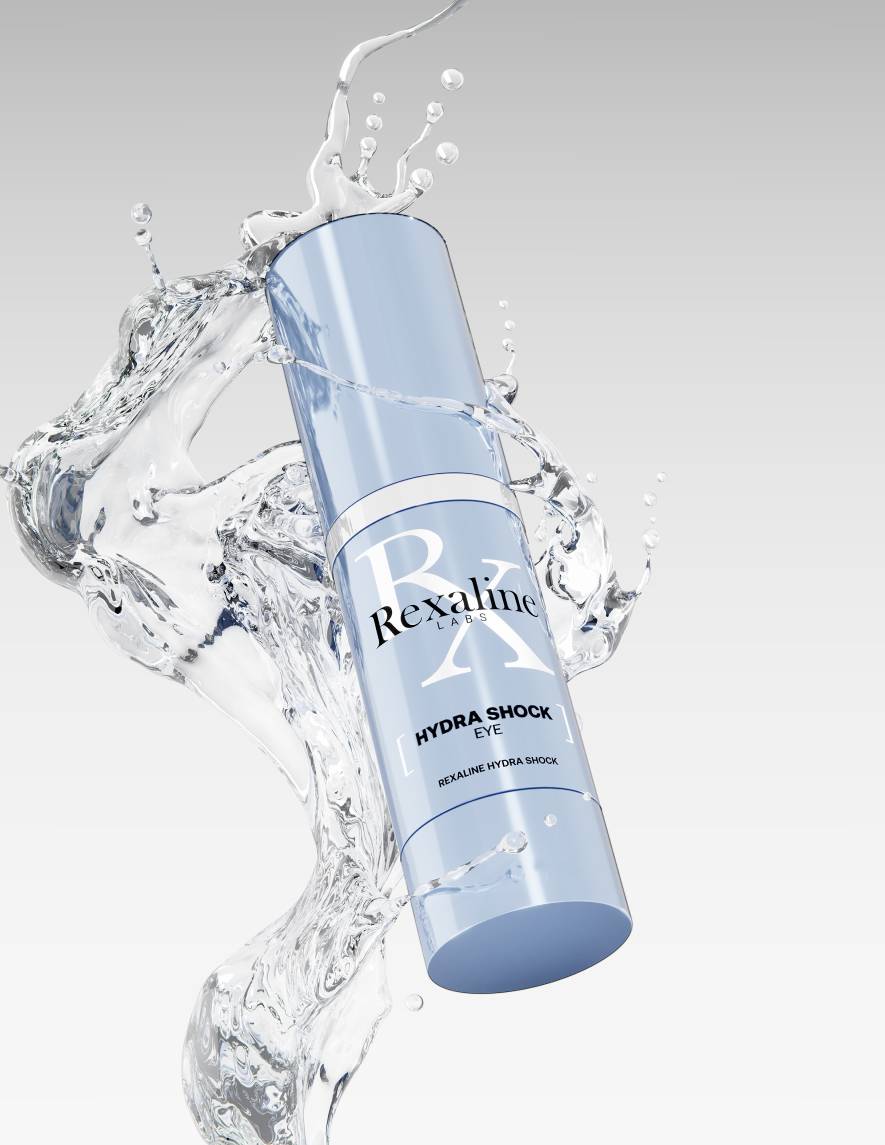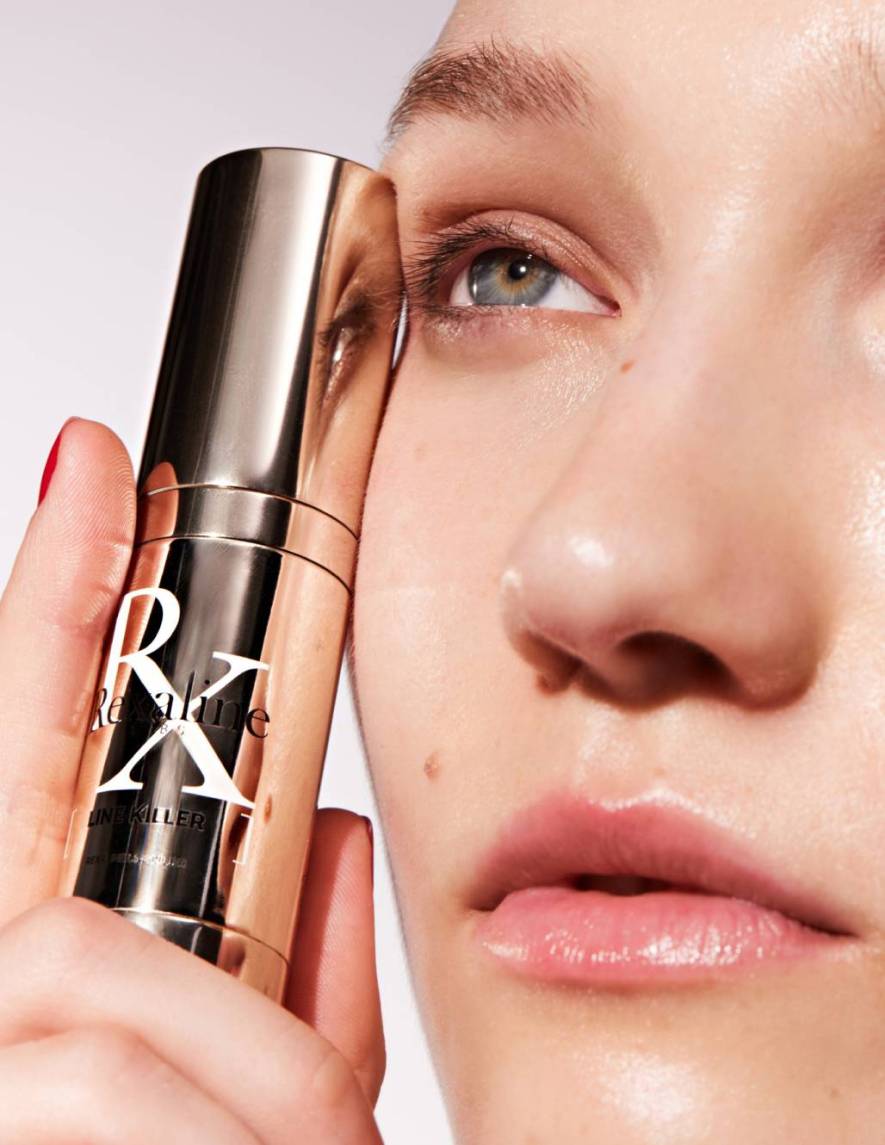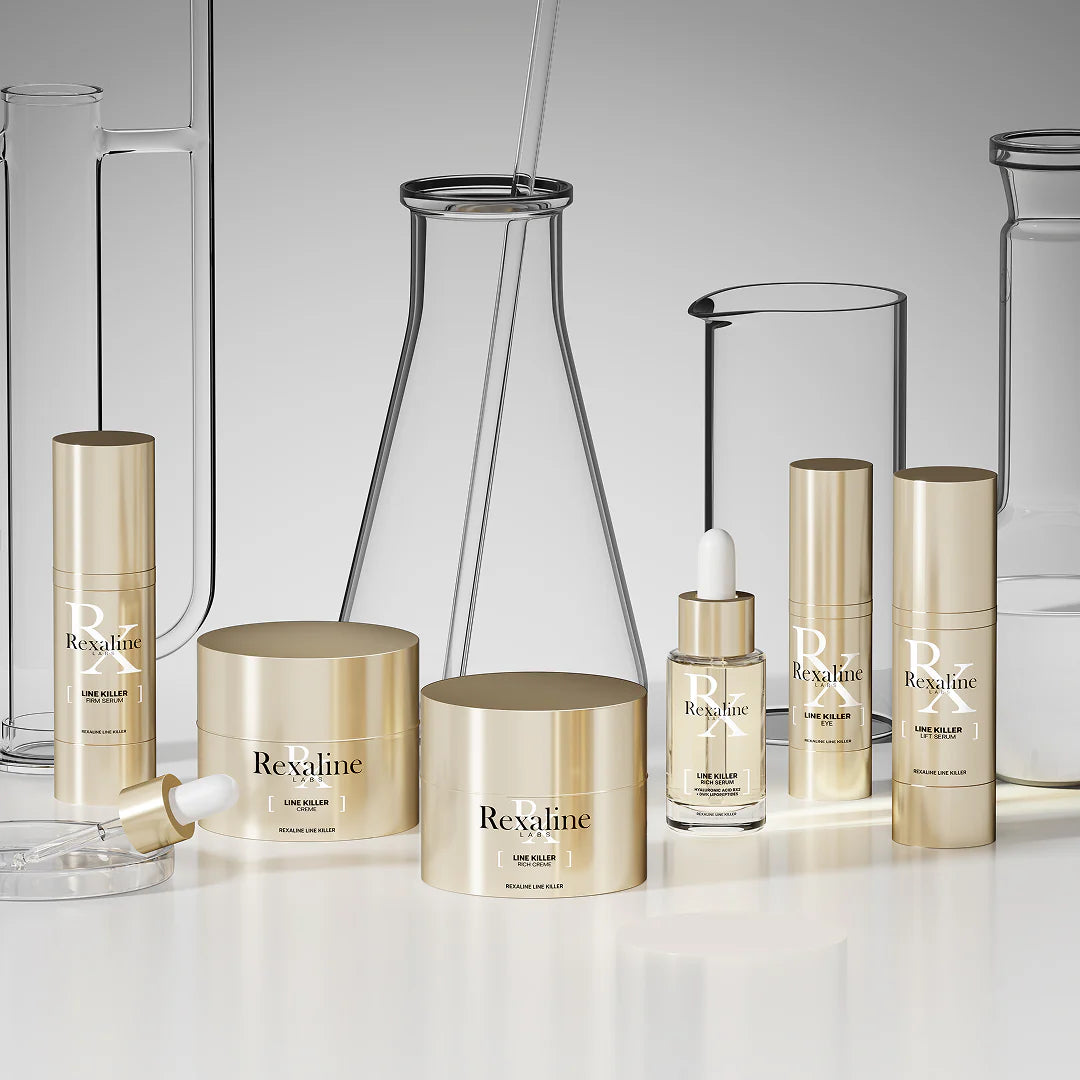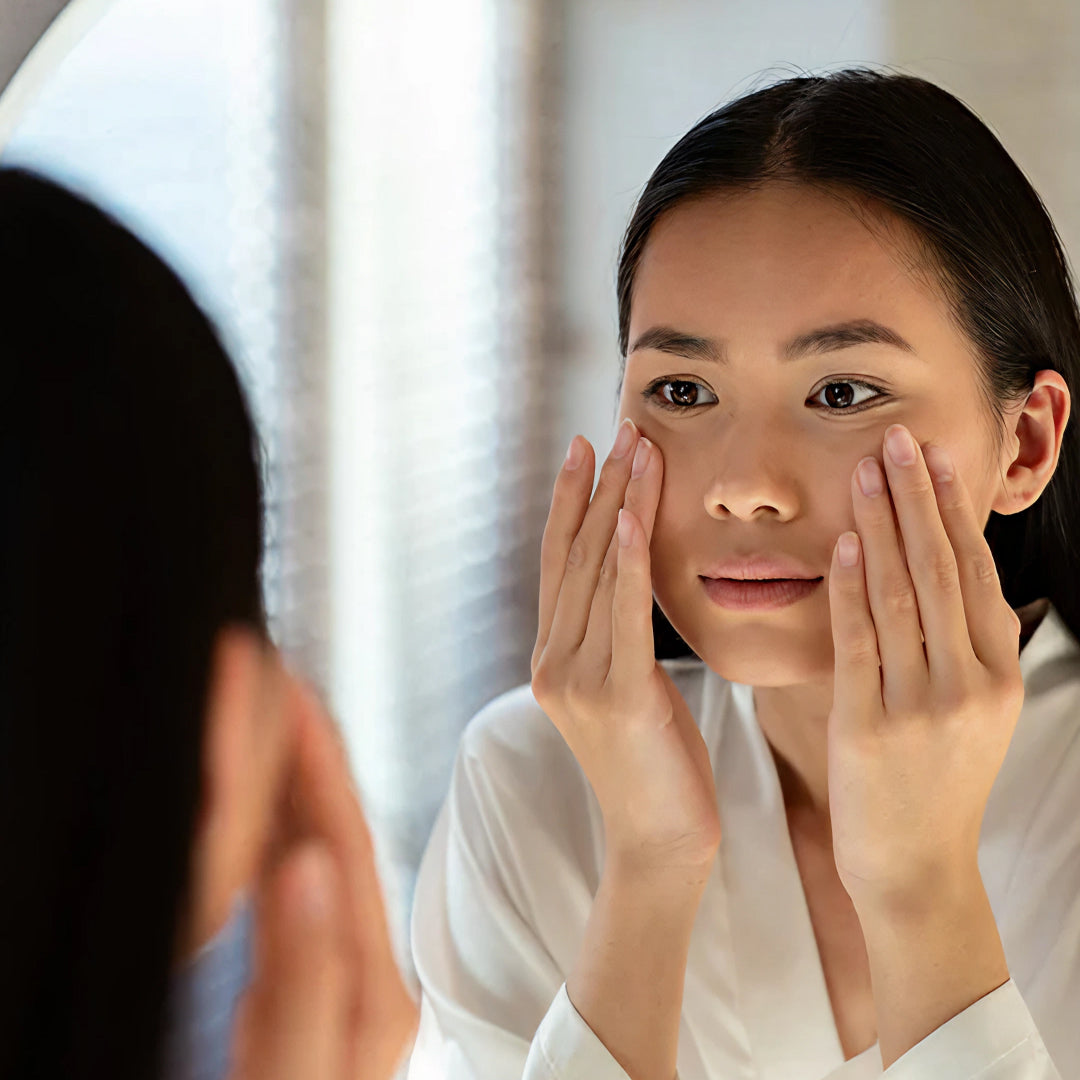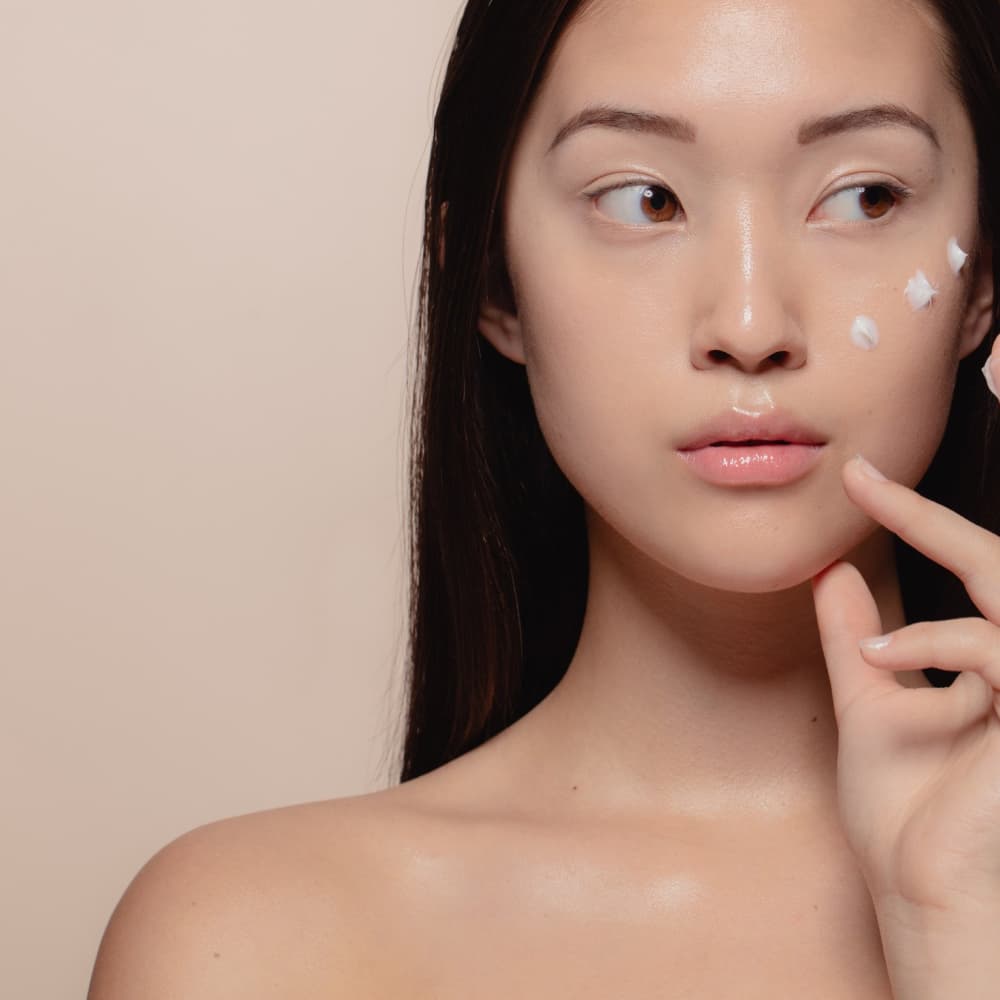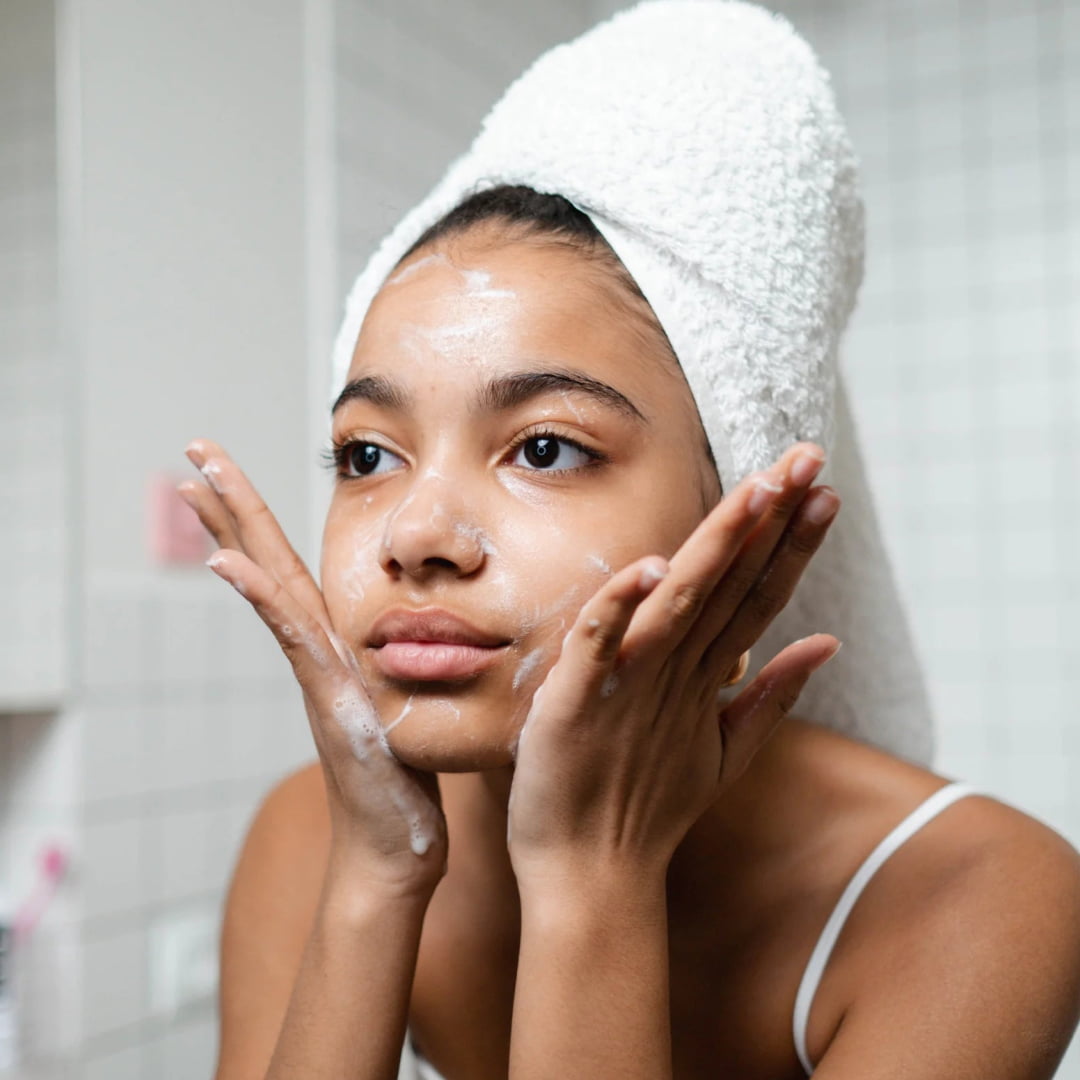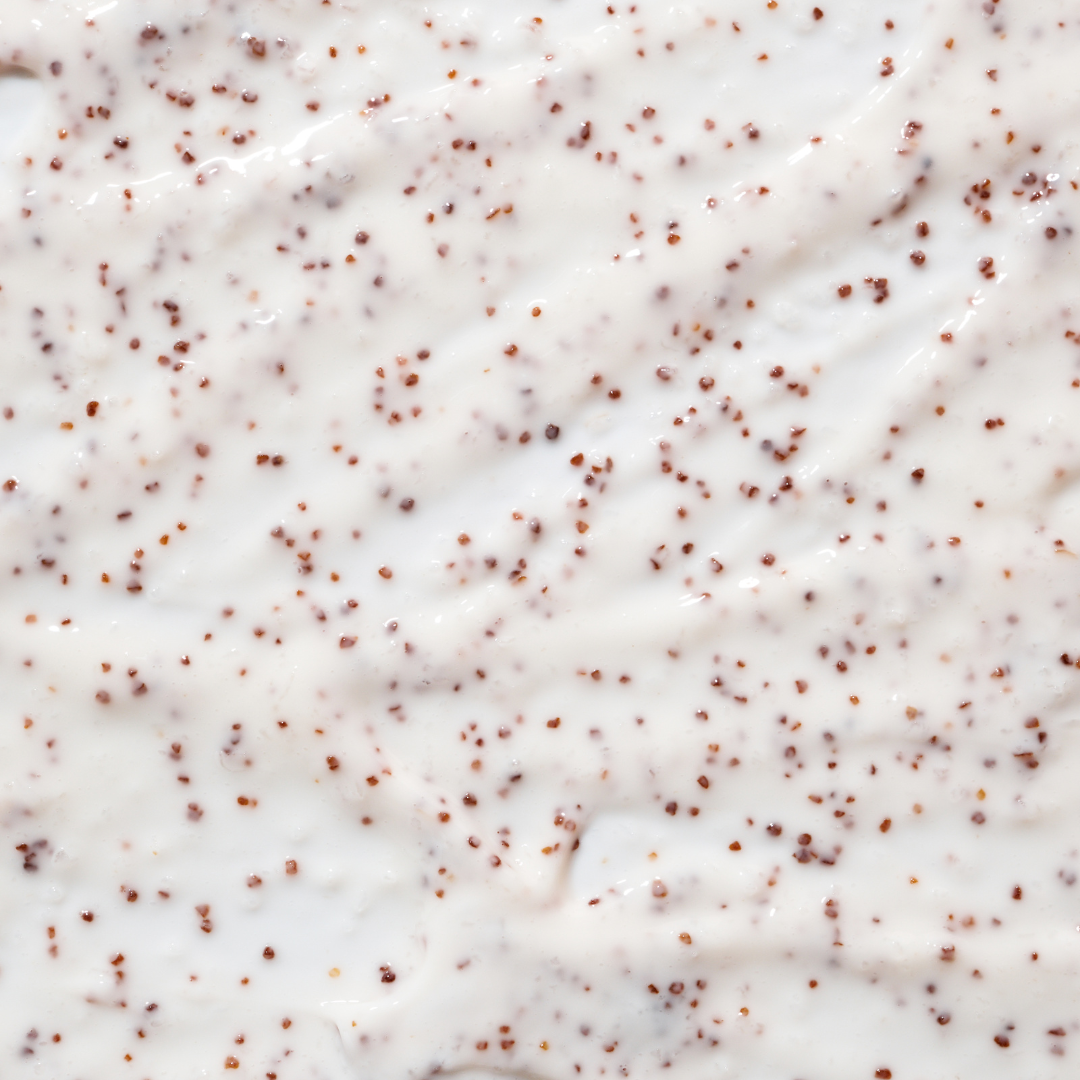
How often should you do a peel and how can you best benefit from it?
Peeling is a skin care technique that involves applying a product to exfoliate and renew the skin, leaving skin smoother, brighter and more even. But which peel to choose and how often should you do a peel to get the best results? Let's discover the different types of peels, their benefits and the recommended frequency to get the most out of them.
1. Types of peels
There are different types of peels, ranging from chemical peels to mechanical peels:
- Chemical peels use alpha hydroxy acids (AHAs), beta hydroxy acids (BHAs), or other exfoliating ingredients to remove dead skin cells and stimulate cell turnover.
- Mechanical peels, such as crystal or microdermabrasion peels, use abrasive particles to exfoliate the skin, removing dead cells from the surface.
2. The benefits of peeling
Peels offer many benefits for the skin, including:
- Smoother, softer skin.
- A reduction in pigment spots and acne scars.
- A reduction in fine lines and wrinkles.
- Improved radiance and luminosity of the skin.
- Better absorption of skin care products.
3. Recommended frequency
How often you should peel depends on several factors, including your skin type, your tolerance to exfoliating products, and the goal of your treatment:
- For mild chemical peels or mechanical peels, it is generally recommended to do them every 2 to 4 weeks, depending on your skin's tolerance and the severity of your skin concerns. Derma Repair Soft Peeling , with its gentle and non-aggressive composition for the skin, can be done 1 to 2 times a week depending on your skin type and your tolerance.
- For deeper peels or more concentrated exfoliating acids, it is advisable to space them 4 to 6 weeks apart to allow the skin to completely regenerate between treatments.
4. Tips to Maximize Results
To get the most out of your peel, follow these tips:
- Consult a skin professional to determine the type of peel best suited to your skin and concerns. Our Rexaline advisors can guide you and direct you to the products that suit you.
- Follow product instructions carefully and do not over-exfoliate, which may irritate or sensitize your skin.
- Protect your skin from the sun by using a broad-spectrum sunscreen every day and avoid direct sun exposure after a peel, as your skin may be more susceptible to sun damage.
